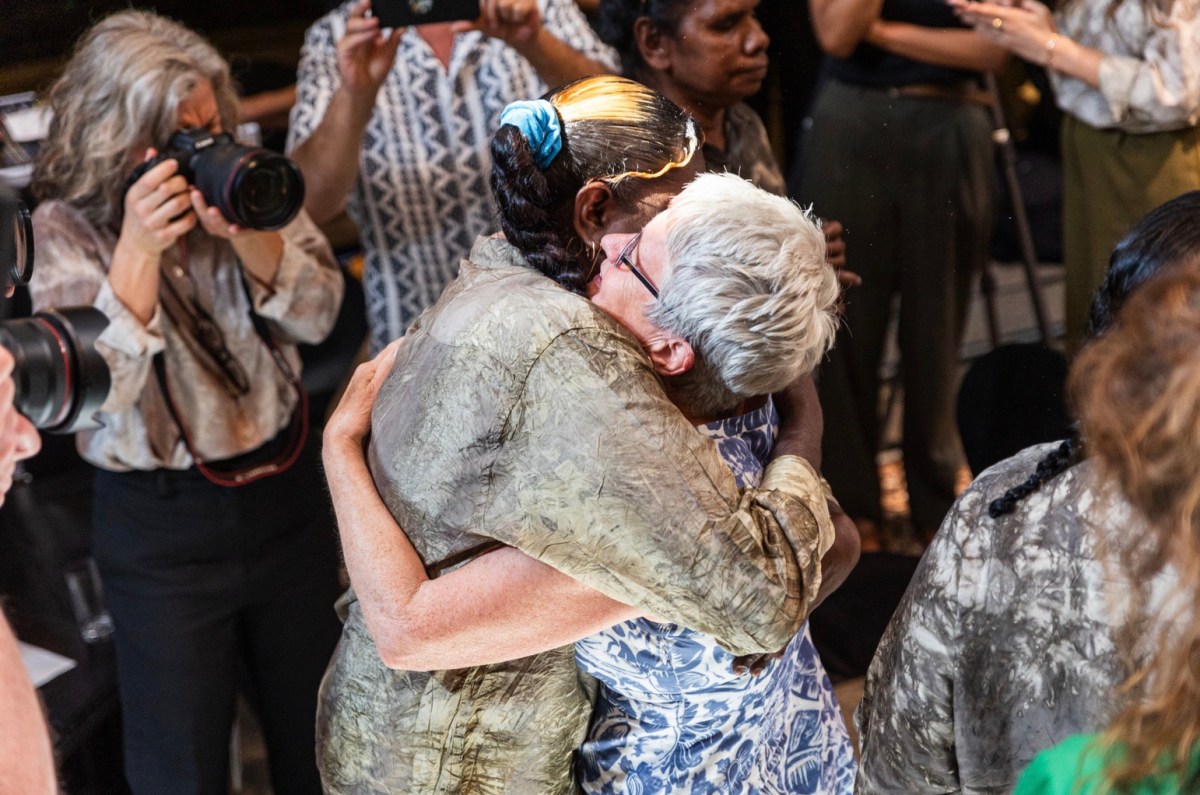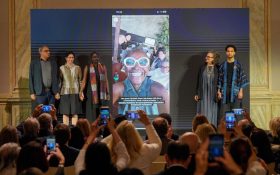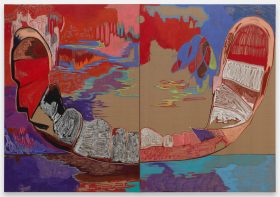Last week (Tuesday 5 September), Manchester Museum celebrated the return of 174 culturally significant artefacts to the Aboriginal Anindilyakwa community of Australia’s Northern Territory.
As part of what is being considered a landmark repatriation project, representatives from the Anindilyakwa community travelled the 14,300 kilometres from Groote Eylandt to Manchester for the formal ceremony.
The Museum explained in a formal statement: ‘Manchester Museum worked collaboratively with the Australian Institute of Aboriginal and Torres Strait Islander Studies (AIATSIS) and the Anindilyakwa Land Council over a three-year period, with support from UNESCO, to determine where the collection of items should live and could best inspire future generations.’
The objects were all bought or traded in the 1950s by Peter Worsley – an anthropology PhD student at the time researching the lives of Indigenous Australians – who later became a professor at Manchester University. They have remained in the Museum’s collection since.
Thomas Amagula, Deputy Chairman of the Anindilyakwa Land Council, which represents 14 clans, told the BBC: ‘The repatriation of the Worsley Collection is an important step for us in pursuing one of our core visions: to protect, maintain and promote Anindilyakwa culture. We have only just begun to appreciate how valuable the repatriation of the Worsley Collection will be in the future.’
Among the 174 objects are spears, baskets, fishing spears, boomerangs, armbands and a map made from turtle shells. Of particular significance is a group of dolls made from shells – Dadikwakwa-kwa in the Anindilyakwa language.
Read: The invisible museum
Demonstrating the value of repatriation of artefacts, they have been the inspiration for a new project by 10 women artists from Anindilyakwa Art Centre, for the 2023 NATSIAA (National Aboriginal and Torres Strait Island Art Awards) at the Museum and Gallery of Northern Territory. It is testament to their role in revitalising culture and a next generation of cultural learning.
‘We believe this is the future of museums,’ Esme Ward, the director of Manchester Museum told The Guardian, UK of the return.
Manchester Museum staff visited Groote Eylandt as part of the consultation process. Among them was Georgina Young, Head of Exhibitions and Collections at Manchester Museum, who explained to the BBC: ‘Sitting with Elders and hearing them discuss this collection on their land in their terms has enabled me to understand and care in ways not possible in a store room in Manchester, and brought us to a place of understanding together.’
Read: Cambodian sculpture return is a win-win
Over the past five years Manchester Museum has returned other artefacts, sacred and ceremonial items to Aboriginal communities; however, this is the largest commitment to date.
Groote Eylandt is located about 50 kilometres from the north coast of mainland Australia, in an archipelago in the Gulf of Carpentaria.





